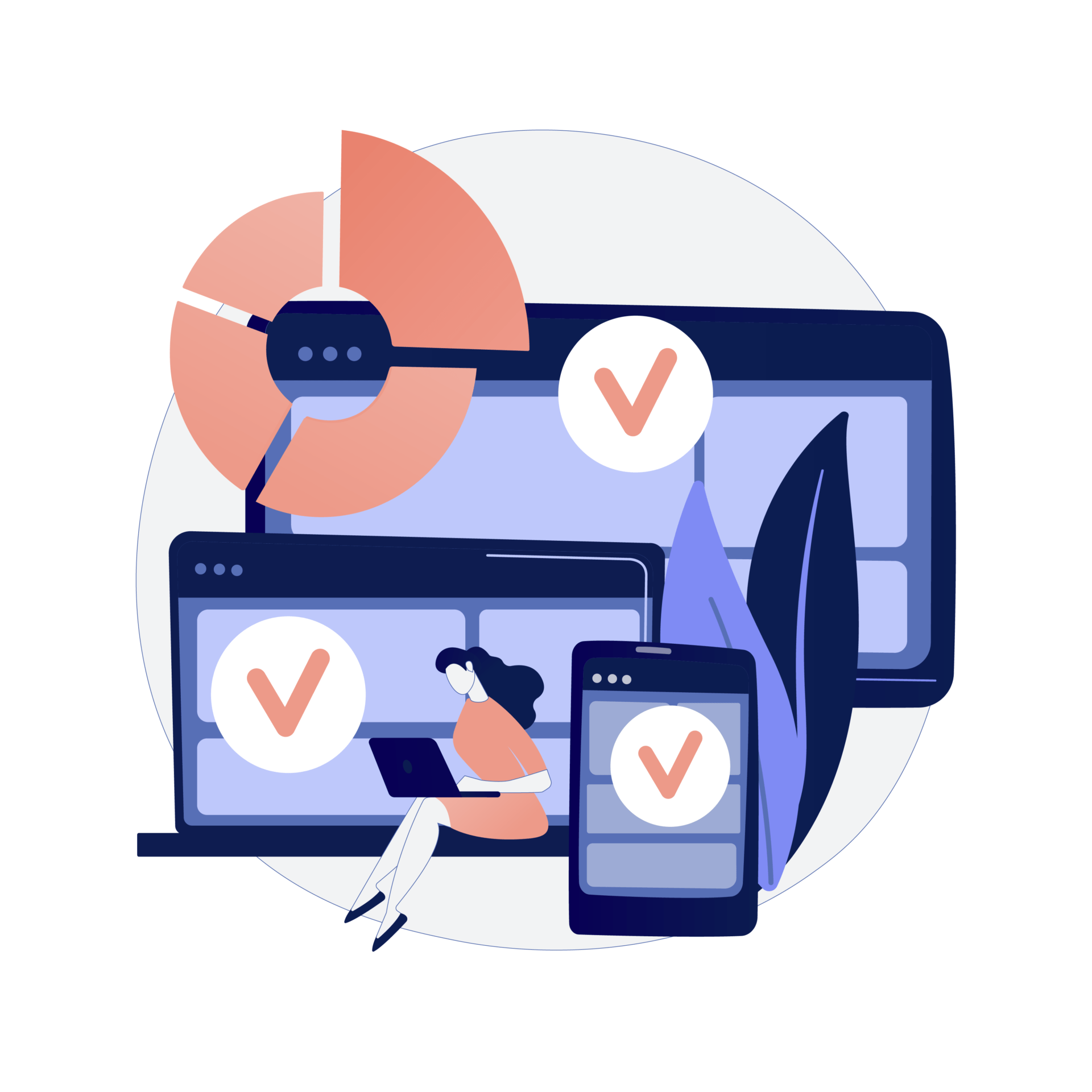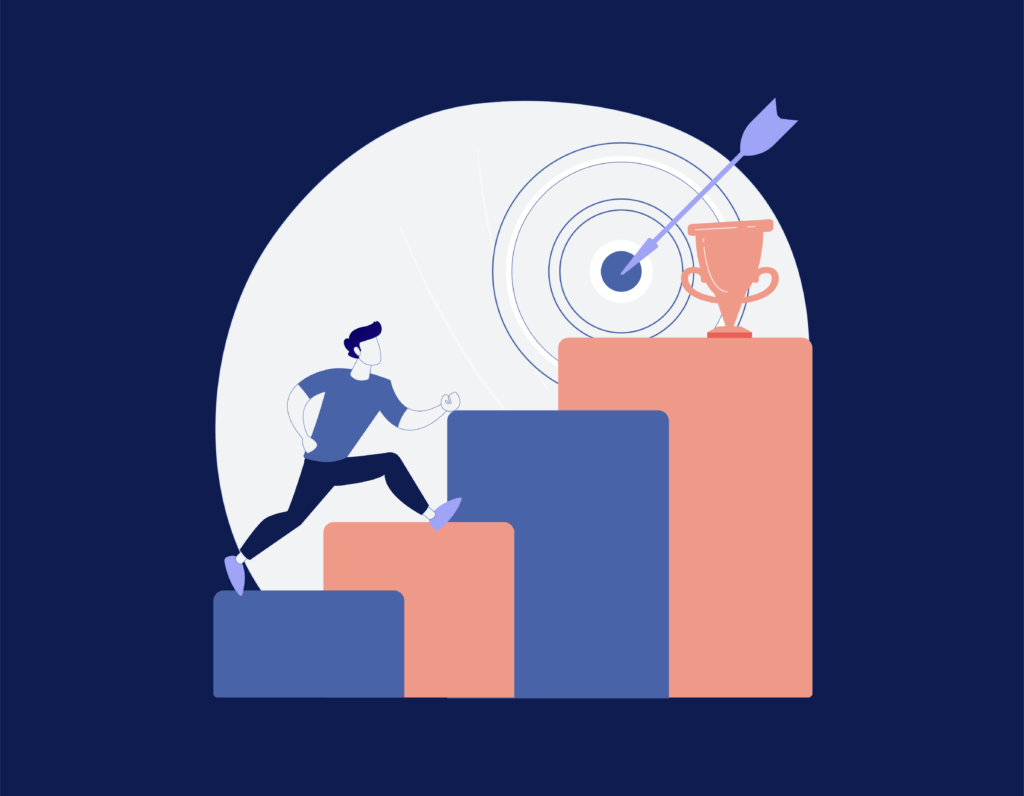How Is Productivity Affected When Employees Multitask? It’s a complex subject, so let’s dive right in.
We are living in an era where everything is geared toward greater efficiency. Or, at least, we assume it is.
Employees often expect to attend to everything all at once. They are often pressured to replace linear or sequential task performance with simultaneous task performance.
In other words, multitasking has become the norm, and in many cases, it’s become synonymous with performance. But how is productivity affected when employees multitask? The results of several authoritative studies might surprise you – or even alarm you.
Great Expectations
By leveraging our time more efficiently with technology: in theory, we should be getting a whole lot more done. But even a quick survey of workers and work habits reveals the exact opposite. Everyone is constantly doing something, but the consensus is that it’s a never-ending treadmill, a perpetual to-do list that often never seems to end – even when you practice good workload management.
Why is that?
- People expect you to be instantly accessible, and to respond immediately to instructions, requests or queries.
- The speed of response, or the time it takes you to complete a task, is evaluated, because this is the norm.
- Then, because of that expectation (often also self-imposed), the only way to cope is by engaging in two or more tasks simultaneously.
- These tasks may take you just as long (or longer!) to complete than if you’d done them singly, but the perception is created of greater efficiency because you now feel ‘busier’.
Ironically, by doing this, you’re forming a habit that feels rewarding for all the wrong reasons. Now would be the time to stop and ask: how is productivity affected when employees multitask? (And you might not be an employee, either – entrepreneurs or business owners are often even more addicted to multitasking!)
Busy Work vs Deep Work
Take a moment to think about quality and clarity as yardsticks for the work you produce, instead of volume or pace. As a society, we are bombarding people with information. But we’re not able to process that information with any kind of meaningful understanding. In other words, we know stuff, but it adds absolutely nothing to the quality of our lives.
In the same way, a lot of the activity we engage in while we’re multitasking feels good but is counterproductive and even harmful. And as if that isn’t bad enough, it erodes the quality of our work, too.
Here’s why.
Attention Is Like A Laser
If you shine a light on something, not much happens (except being able to see what you’re doing). But take the same quantity of light, expressed as a laser beam, and you can cut through steel.
Your capacity for attention and efficiency is like that light: the more you spread it, the weaker it becomes. And the more you focus it on just one spot at a time, the more you actually accomplish.
A study conducted at Stanford University (among dozens of others) confirms this. Multitasking badly affects your performance and even your health. The study offers two stark findings:
- People accomplish significantly less than their single-task peers, even if they believe they are gifted multitaskers.
- Multitasking can reduce your intellectual capacity by as much as 15 IQ points – placing you in the same percentile category as an 8-year-old child!
Tell them that the science is in, and it’s not good news, the next time somebody asks you: “How is productivity affected when employees multitask?”
Why Multitasking Feels so Good
Basic human biology is partly to blame here. Our brains produce a ‘feel-good’ hormone called Dopamine, whenever we accomplish something. Or more accurately, whenever we anticipate accomplishing something.
Shuttling back and forth between activities, as we multitask causes our brains to interpret each ‘switch’ as a new spurt of anticipation. Rewarding us with a fresh burst of Dopamine. It’s more than just a functional hormone: it’s a drug that is powerfully addictive. And it’s something that affects us in other ways apart from work, too.
- Watching fast-paced or intriguing movies with constant surprises or plot twists triggers dopamine. Binge-watching, anyone?
- Doom-scrolling on Facebook, Twitter or Instagram triggers dopamine. It’s exhausting!
- We trigger dopamine when we seek out new restaurants, experience new destinations, or engage in increasingly riskier behavior.
Not surprisingly, your brain associates Dopamine release with good stuff – and so multitasking feels good.

The Real Dangers Of Employees Multitasking
According to leading neuroscientists, habitual multitasking not only leads to permanent physical brain damage, but also kills creativity and leads to stupid decisionmaking.
Imagine running a company staffed by people who are intellectually duller than the day you hired them, who are less creative, and who are prone to making consistently stupid decisions!
Again, how is productivity affected when employees multitask? Terribly would be the answer. In fact, if you’re in the least bit interested in optimizing your business, you may want to consider a few changes.
How To Get Employees (And Yourself!) Off Of The Multitasking Treadmill
Allow For Realistic Goals & Deadlines
- Build in a small amount of ‘insurance time’ for projects where possible – a good guideline is to add 20% to the expected time allocated to each task.
- Be open to employee feedback. Find out where they’re experiencing high work volume and consider outsourcing select tasks on an ongoing basis.
- Resist the temptation to pack one task on top of another to ‘speed up’ employee productivity – this will actually slow an employee down.
Change Your Workplace Culture
- Educate your employees about the downsides of multitasking – once they understand why, it’ll be easier to change.
- Allow for more frequent micro-breaks. (This won’t slow things down, because your employees were already taking micro-breaks by multitasking.)
- Encourage employees to balance frenetic work with considered thought or even mindfulness moments. It powerfully resets behavior.
Lead By Example
- Create space and time for yourself to do important tasks one at a time, even if it means saying ‘no’ to things that may seem important but are not relevant to your immediate goals.
- To do this, consider outsourcing key tasks to a virtual assistant, which not only creates time for you, but frees up mental bandwidth too.
- How is productivity affected when employees multitask? The practical answer is to personally demonstrate just how much more efficient you can be when you adopt a single-task work focus.
Reward Single-Focus Task Completion
- Incentivize and reward task completion, not progress (because that leads to multitasking temptation).
- Reward quality of work rather than just quantity. (This shifts the Dopamine focus too.)
- Acknowledgement and praise are most effective if delivered publicly.
So how is productivity affected when employees multitask? Badly enough that it should be a corporate – and personal – priority to change from feeling productive to actually being productive.
Ready to free up more of your important time and mental bandwidth?
Book a discovery call today and discover just how valuable a virtual assistant can be to your focus and your business. We’ll even take 10% off to sweeten the deal!





